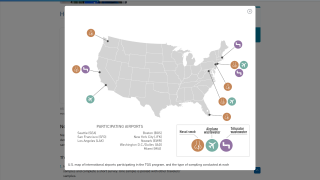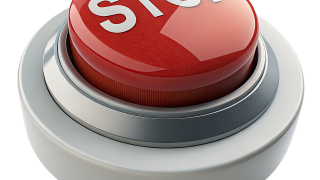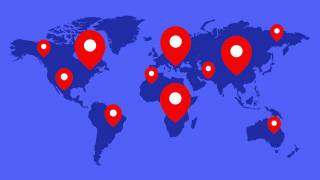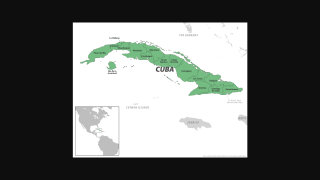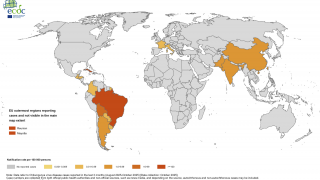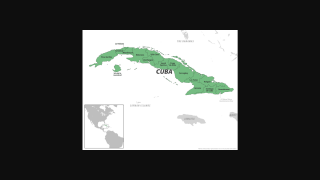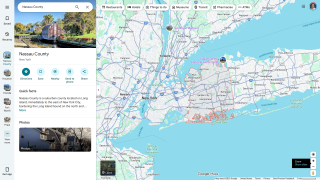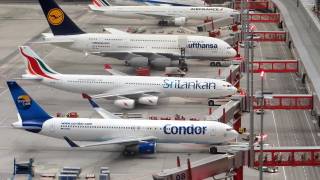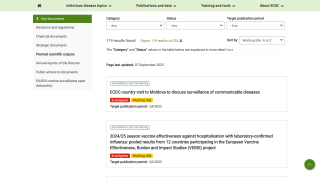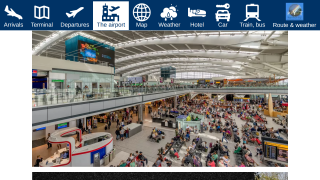Pharmacists Are Essential Vaccination Providers in 2025
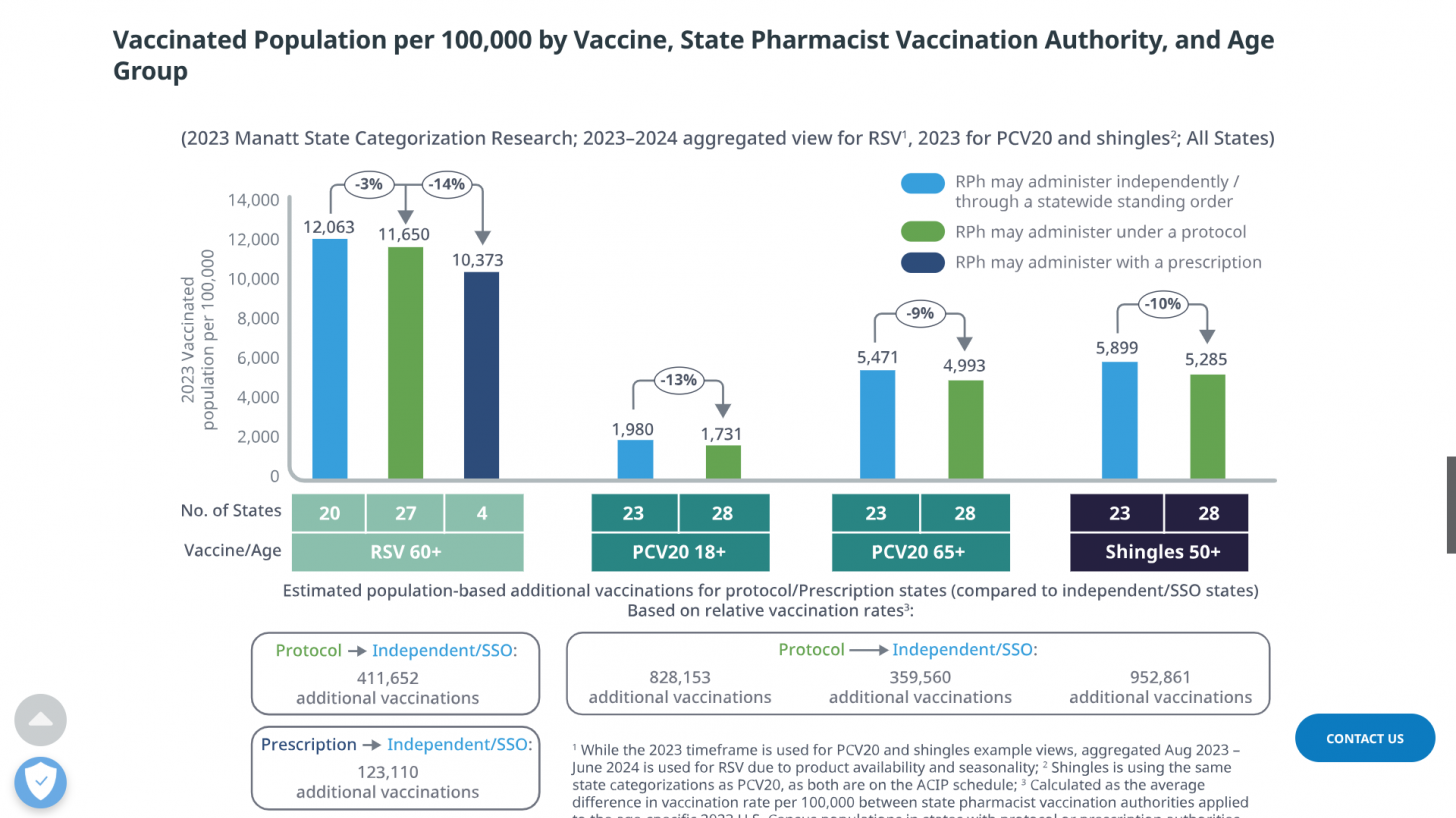
Often ranked as one of the most trusted healthcare providers, pharmacists are uniquely positioned to influence vaccination rates in the United States. Located within five miles of most Americas, digital pharmacists have become an ideal source of relevant vaccine information and related services, such as appointment-based vaccinations.
A recent report published on February 25, 2025, collated state-level research on pharmacist vaccination authority policies and analyzed state-level vaccination rates.
By examining these data, the report highlights differences in overall vaccination rates among states with varying restrictions on pharmacists' ability to prescribe and administer adult vaccinations independently.
This IQVIA Institute assessment also estimates the number of people who may not have received vaccinations due to their state policies based on relative differences in vaccination rates between these groups of states.
This analysis found lower average vaccination rates in states that require physician prescriptions rather than states that allow independent, statewide standing order (SSO) pharmacist vaccination.
If the vaccination rates for states that require protocols for pharmacists to administer vaccines were comparable to states that allow pharmacists to administer vaccines independently/through an SSO, around 534,000 additional people age 60+ may have received an RSV vaccine, 828,000 additional people age 18+ may have received a PCV20 vaccine, and 953,000 additional people age 50+ may have received a Shingles vaccine.
By shedding light on state regulations that limit pharmacists ' ability to provide immunizations, the findings intend to guide policymakers in making informed decisions to optimize pharmacists ' role in the adult immunization process.
IQVIA wrote that vaccination is one of the most cost-effective public health interventions. It has been noted to significantly reduce mortality, disease, hospitalization, disability, and disparity.
Despite these benefits, adult immunization rates in the U.S. consistently fall short of public health goals.
Structural access barriers, such as limitations in vaccine availability and patient travel/time commitment, can serve as bottlenecks in vaccine uptake. While pharmacists are the most accessible healthcare professionals in the U.S., states still vary in their policies on vaccine administration authority for pharmacists.
Therefore, it is essential to understand the variance and impact of state vaccination authority on vaccine uptake and where improvements can be made.
Additionally, with increasing international travel and rare disease outbreaks, speaking with a certified travel vaccine expert can save people time and money.
For example, various U.S. CDC Travel Health Advisories recommend that people visit a travel vaccine provider authorized to vaccinate against yellow fever before visiting disease-endemic areas such as Brazil.
Additionally, in 2025, most pharmacies gained authorization to deliver newly approved vaccines for newer mosquito-transmitted diseases, such as chikungunya.
With new leadership at U.S. government agencies deploying innovative strategies, pharmacists remain the optimal main-street vaccine provider to increase trust in the health system.
Our Trust Standards: Medical Advisory Committee

